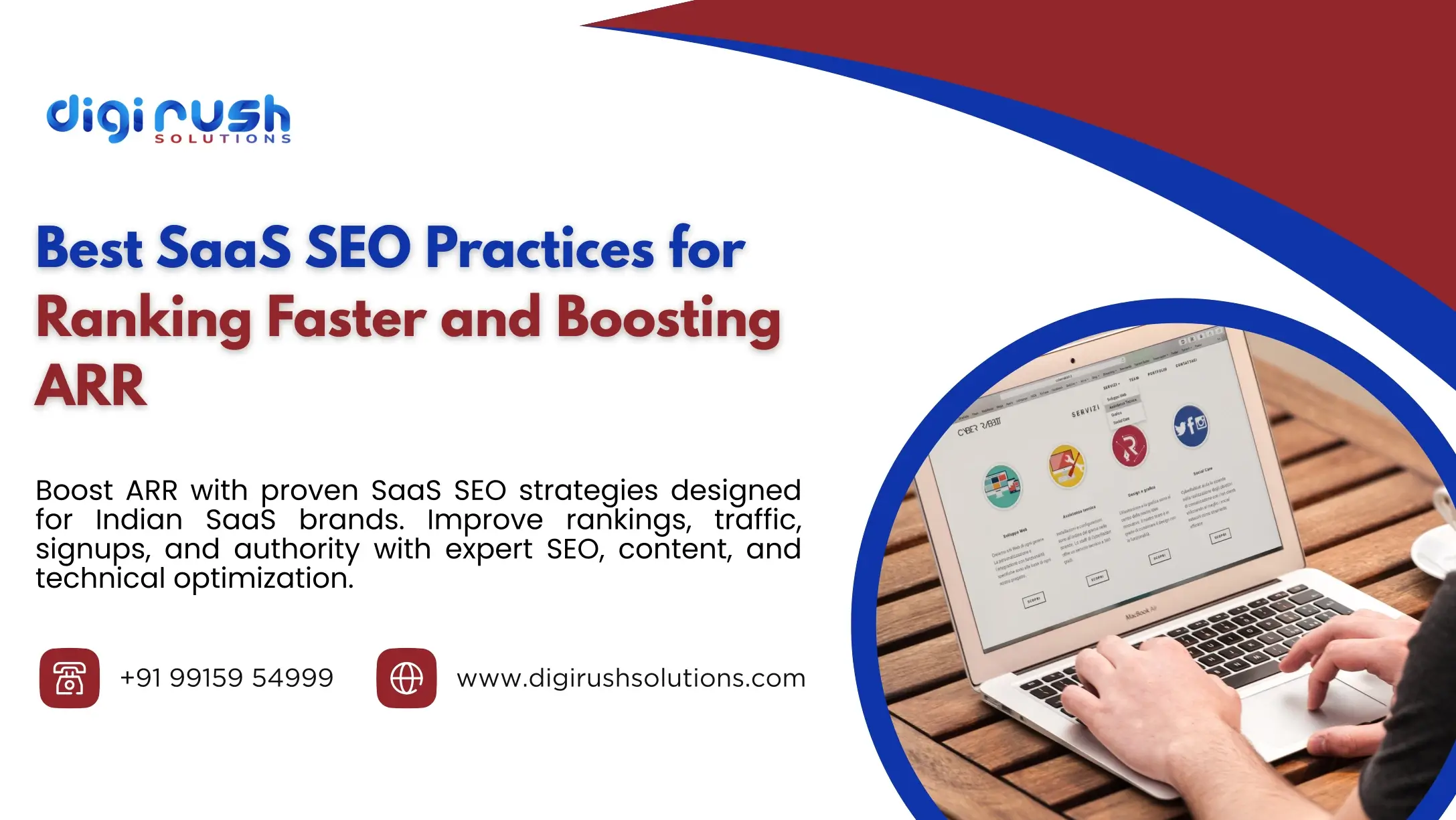
Topical authority is now among the most powerful ranking signals in the Google algorithm. It's not about spewing out random blog posts or pursuing high-traffic keywords—it's about positioning yourself as an authoritative source for a given topic.
When your site regularly provides well-organized, interlinked, and high-quality information, search engines identify it as an authority. That's topical authority in a nutshell—and it can totally overhaul your SEO performance.
What Is Topical Authority?
Topical authority is the expertise and credibility your site possesses in a specific subject matter. It means that your content provides in-depth and accurate answers to every question related to that topic.
For instance, if your business is content marketing services, authority is not only established by writing one article but also by developing a whole system around it—keyword strategy, content calendars, analytics, and conversion tactics. As time goes by, interlinked depth tells Google that your site is worthy of higher positions for related searches.
Why Topical Authority Matters in SEO
Developing topical authority SEO value matters because Google no longer gives rankings based on backlinks alone or keyword duplication. Instead, it incentivizes sites that consistently demonstrate expertise on similar themes.
A solid authority foundation enables your content to rank faster and maintain positions longer. It also enhances user trust, engagement, and quality backlinks—since readers and other sites know your domain as a reliable point of reference.
Step 1: Define Your Core Topic and Subtopics
Start by identifying the overarching topic of expertise your brand aims to own. Divide that into subtopics that fit under it.
For example, an SEO specialist might begin with "search optimization" as the broad topic and then divide it into link building, on-page SEO, and local SEO. Companies such as an SEO Agency in Jaipur typically employ this tactic for being situated locally—developing content clusters for broad and location-based search intent.
Step 2: Build a Structured Pillar Page
A pillar page acts as your foundation, covering your main topic broadly while linking to detailed subtopic pages.
If your niche is local optimization, your main article could revolve around "How to Improve Local Search Rankings." Supporting blogs could explore topics like citation management, reviews, and structured data, such as Local Business Schema—a critical element that helps Google accurately understand your business information.
Step 3: Produce Deep, Value-Dense Supporting Content
Every subtopic is worthy of its own piece of content, drafted clearly, initially, and with actionable takeaways. Avoid thin, copy-cat content; instead, opt for deep guides and examples.
For example, produce dedicated blogs such as:
- "Topical Authority SEO – Why Depth Trumps Volume"
- "How to Leverage Topical Authority for Long-Term Growth"
- "The Importance of Internal Linking in Authority Building"
In the same way, incorporating content on Google Maps SEO ensures your business appears correctly on maps and local searches, thereby enhancing your topical authority on geographically applicable queries.
Step 4: Use Internal Linking Strategically
Internal linking bridges your network of content together, making it easier for users and search engines to comprehend the connection between your subjects.
Each new piece of content must reference your pillar page and other associated content. A well-structured layout maximizes crawl efficiency, spreads link equity, and reinforces topical context.
For instance, when writing about web optimization, naturally linking to a guide on how Web Development Affects SEO benefits both user comprehension and search visibility.
Step 5: Post Consistently
Consistency establishes trust—not just with visitors but also with search algorithms. Regularly releasing high-quality content indicates continuous expertise in your niche.
For instance, an SEO Firm in Pune that regularly publishes tips, client case studies, and how-to blogs on search marketing will eventually dominate local and national keywords in its niche. Consistent content development keeps your website fresh and authoritative.
Step 6: Demonstrate Expertise, Authority, and Trust (E-E-A-T)
Google's E-E-A-T concept (Experience, Expertise, Authority, and Trust) is still at the forefront of ranking success.
You can enhance your E-E-A-T by:
- Adding professional author bylines.
- Including real-world examples or facts.
- Citing credible sources.
- Showing clear contact and business information.
Authenticity is crucial here. A verified business with organized data, customer reviews, and transparent branding establishes more trust—critical for sustained topical authority.
Step 7: Obtain High-Quality Backlinks from Relevant Sources
External verification attests to your authority. Guest blogging, expert partnerships, and niche-specific digital PR campaigns are the focus.
Collaborating with regionally identified teams—e.g., an SEO Agency in Jaipur or other specialists within that field—enables you to gain contextually relevant links reinforcing your authority within that niche.
Step 8: Track, Analyze, and Optimize
Once published, review your performance using Google Search Console and analytics tools. Examine which keywords drive traffic, what subjects hold readers, and where you can broaden coverage.
Continue to update older blogs with fresh data, imagery, and improved interlinking. Regular refresh cycling informs Google that your content remains relevant to shifting trends.
Step 9: Blend Topical and Local SEO for Greatest Impact
Topical authority establishes your authority; local SEO embeds it in location. By optimizing your schema markup, citations, and listings, you can increase discoverability and trustworthiness.
To illustrate, applying Local Business Schema alongside geo-location focused blogs and Google Maps Search Engine Optimization places your business on top for both city-specific and topic-specific searches—making you easily discoverable by those near you.
Step 10: Reinforce Technical SEO Foundations
Behind every authoritative website lies a robust technical foundation. Fast page loading, responsiveness, and tidy code enable efficient crawling by search engines.
Because Web Development has a Direct Impact on SEO, make sure your development team shares your SEO objectives—especially schema markup, site structure, and mobile-friendliness.
Real-World Topical Authority Examples
- Backlinko leads the way in SEO content with comprehensive, well-organized guides.
- Healthline ranks thousands of medical terms by creating medically reviewed, interconnected articles.
- HubSpot has a vast collection of resources revolving around marketing automation, creating an interlinked web of information.
All of these brands specialize in a single space and cover it in its entirety—evincing the true essence of topical authority.
Common Mistakes That Hinder Authority Growth
- Writing on too many dissimilar topics.
- Publishing that has poor interlinking.
- Ignoring site speed and structure.
- Failing to update outdated articles.
Authority relies on consistency and relevance. Remaining true to your niche will always yield better returns than pursuing every fad.
Measuring Your Progress
While there's no one "topical authority score," growth can be monitored using:
- Increases in referring domains from similar niches.
- Additional keyword impressions under your central theme.
- Improved average positions and CTRs.
- Regular content engagement metrics.
Together, these indicate that your authority is growing steadily.
Final Thoughts
Establishing topical authority is a cumulative but fulfilling experience. It's about gaining extensive knowledge on a topic that both users and search engines recognize as your authority.
A synergistic blend of content marketing services, well-organized data such as Local Business Schema, technically robust design (as Web Development Affects SEO), and local search with Google Maps SEO makes for a solid base.
Whether it is an SEO Agency in Jaipur, an SEO Company in Pune, or an online brand targeting several regions, the recipe is the same—depth, consistency, and credibility pave the way for success in your SEO niche.
Recent Blog











